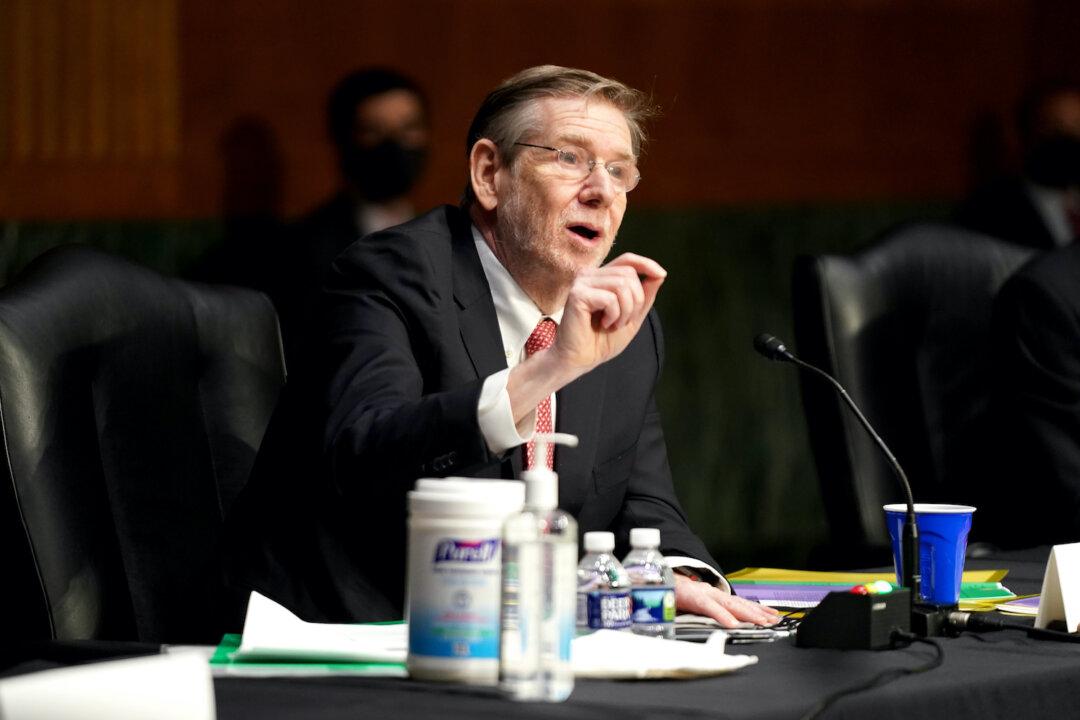The Department of Health and Human Services (HHS) on Friday announced the upcoming retirement of David Kessler, the chief science officer who led the Biden administration’s COVID-19 response and vaccination efforts for the last two years.
HHS Secretary Xavier Becerra said in a statement Friday that Kessler “worked tirelessly” for decades to address the country’s most challenging public health issues, noting that “his work during the COVID-19 pandemic has been no different.”





